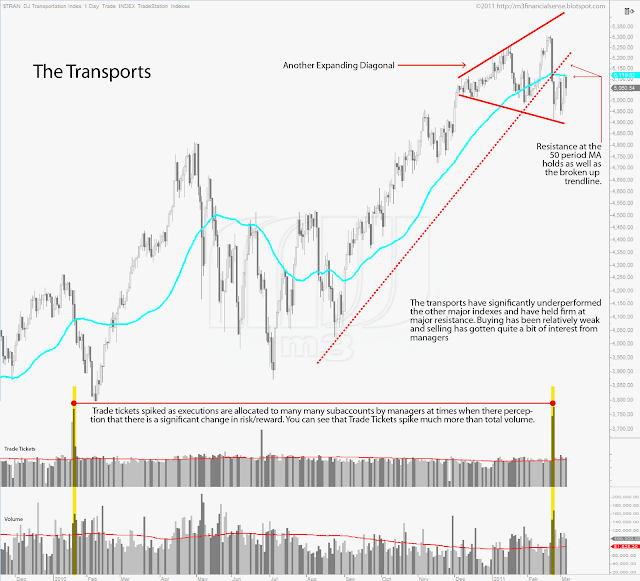...meanwhile at the from the Federal Reserve satellite offices in California, great Pump job Gross...meanwhile the QE funny business might be a little less amusing to sell...and Oil will continue on to 112 though its still in a bear flag long-term.
(please see my previous post regarding oil)
If there is ever evidence that the Fed is directly interested in manipulating not just the financial system but the numbers reported by supposedly independent government agencies, this jobs report today was an example. Mr, BURNanke is absolutely steadfast in not reducing QE as it would be an admission that the policy was not working as desired. However, I assure you that there is tremendous pressure for him to reduce the program while simultaneously maintaining that everything he is doing is working. He needs a smoke screen,
I remind you of the real jobs situation. In May 2009 we had 132.7 million jobs in the US. Since then we that number has dwindled to less than 132.2 million jobs while 5.5 million new people were added to the potential workforce through population growth and other factors. When you look at it this way, what we have to show for Mr. BURNanke's efforts is a deficit of 6 million jobs. However, when you look at the way the official count is being kept we have less people willing, eligible or capable of participating in the work force than in 2009 - completely wiping out the population growth during that time and the many other employable people. This is a very good thing if you calculate the ratio of currently employed people against a shrinking pool of eligible workers. BURNanke got his cover today. He can purger himself in front of congress with out getting indicted because he can point to a decrease in the unemployment rate to support his actions when he needs to. He also feels that he can also use that evidence to qualify reduction of accomodation without looking like a loser. Too bad he can not fix the fact that he is a fraud and a complete failure.
My assessment of BURNanke's and GreenSPAM's handling of the real-estate bubble, banking bubble, banking crisis, financial crisis and continued contraction in real velocity of money in our system is that their actions are tantamount to treason and essentially equivalent to an act of war against the citizens of this nation and the world as a whole. They have enabled the banks and selected favorites to steal from the nation and has encouraged them to do so. They has made the large banks even larger. They enabled the bubbles in the stock market, housing market, bond market and commodity market to get out of control and significantly damage the financial condition of the average American at the expense of the ones who are in the know. That is wrong and is it also not a good indication that the fed is even paying attention to its mandate.
Now just to add insult to injury lets not forget that the BLS is using as a large component of its numbers the birth/death model for employment estimates...these numbers are NOT survery or staistical corroberations as Steve LIESman would have you believe. They are a guess of how many new businesses start and how many old buisiness's close - and then an abstraction of how many jobs that may or may not create. of the 192,000 jobs reported created 112,000 were imaginary jobs that they estimated or think were created based on the birth death model. If jobs are created for by a new startup and killed by the closure of an old business...which do you think would pay more? Certainly not startup jobs, which will likely hover around the worst paying and most intollerable levels possible. Counting these jobs as jobs is like counting a box of asti Spumanti as a Chateau La Fit. As if that is not enough, additionally to all of that, 30,000 of the 192,000 were temporary jobs counted from Temporary Staffing agencies. Since when are we counting temporary jobs with a forward looking term of a week as employment? So, the real number of jobs that the BLS can qualify for this report are 50,000.
What a sham...





























